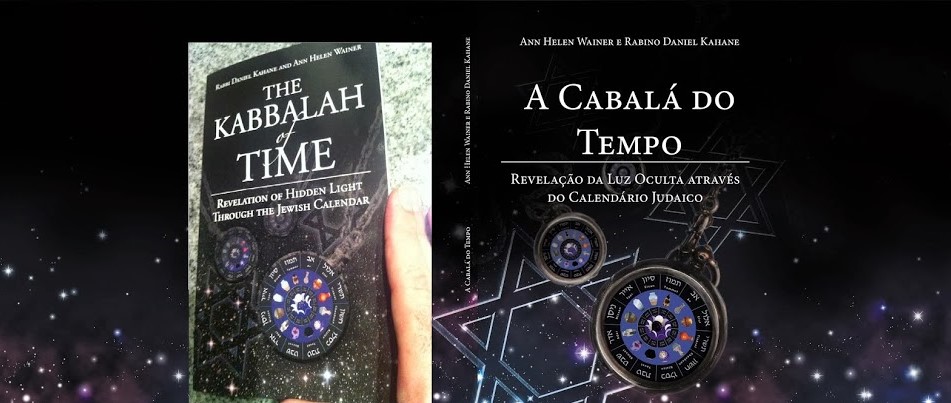SONG OF SONGS:
5. Your neck is like an ivory tower; your eyes are
[like] pools in Heshbon, by the gate of Bath-Rabbim; your face is as the tower
of Lebanon, facing towards Damascus.
6. Your head upon you is like Carmel, and the braided
locks of your head are like purple; the king is bound in the tresses.
7. How fair and how pleasant you are, a love with
delights!
SEVENTY SOULS THAT DESCENDED TO EGYPT: Jahleel
TALMUD SHEVUOTH:
Daf 32 - Liability for Oaths
BOOK OF JEREMIAH: Chapter 32
Week 32 in
the Jewish calendar continues to be connected to Yom Ha’Atzma’ut. The verses of Shir
HaShirim of this week also relate to praises made by the other nations
towards the Jewish people. There are also many references to places in the
region, where unfortunately many came to attack us: Heshbon (in Jordan),
Lebanon, Damascus…
Of the
seventy souls of the Jewish people that descended to Egypt, the thirty-second
mentioned is Jahleel. Jahleel means to wait for, to yearn for G-d. Yachel also contains the language of
forgiveness, as well as nullification and desecration. Week 32 of Book 1 shows
that this week is deeply connected to how other nations will finally
acknowledge Israel after so many years. The week, related to Bilaam, is
represented by the mule in Perek Shirah.
Bilaam was trying to nullify the oath made by G-d to Abraham – he was, in many ways,
the “anti-Abraham.” It is also related to the heart (32 is Lev). We yearn for Hashem with all our hearts and to return to our
land, and in so doing, G-d nullifies those that fight against our connection to
the Land of Israel.
Daf Lamed Beit (Folio 32) of Shevuoth continues to discuss cases in
which people that are excluded from liability for a court oath. This again is related
to the three oaths mentioned last week.
Chapter 32 of the Book of Jeremiah
contains a similar theme to the above. It again speaks openly of a time when
the Jewish people would be able to return to its land, and the prophet Jeremiah
himself is told to redeem his family’s portion of the Land by purchasing it:[1]
6. And Jeremiah said: The word of the Lord came to me,
saying:
7. Behold, Hanamel, the son of Shallum your uncle, is
coming to you, saying: Buy for yourself my field that is in Anathoth, for the
right of redemption is yours to buy it.
(…)
12. And I gave the deed of the purchase to Baruch the
son of Neriah the son of Maaseiah in the presence of Hanamel my uncle and in
the presence of the witnesses who signed the deed of purchase, in the presence
of all the Jews who sat in the prison yard.
13. And I charged Baruch in their presence,
saying:
14. So said the Lord of Hosts, the God of Israel; Take
these scrolls, this deed of purchase and the signed one and this open scroll,
and put them into an earthen vessel so that they remain many years.
15. For so says the Lord of Hosts, the God of Israel;
Houses and fields and vineyards shall be purchased again in this land.
(...)
36. And now, therefore, so said the Lord God of Israel
concerning this city which you say, "It has been given into the hand[s] of
the king of Babylon by the sword and by famine and by pestilence";
37. Behold I will gather them from all the lands where
I have driven them with My anger and with My wrath and with great fury, and I
will restore them to this place and I will cause them to dwell safely.
38. And they shall be My people, and I will be their
God.
39. And I will give them one accord and one way to
fear Me all the time, so that it be good for them and for their children after
them.
40. And I will form for them an everlasting covenant,
that I will not turn away from them to do them good, and My fear I will place
in their heart, not to turn away from Me.
41. And I will rejoice over them to do good to them,
and I will plant them in this land truly with all My heart and with all My
soul.
42. For so said the Lord: As I have brought upon this
people all this great evil, so will I bring upon them all the good that I speak
concerning them.
43. And the field shall be bought in this land, which
you say, "It is desolate without man or beast; it has been given into the
hand[s] of the Chaldeans."
44. Men shall buy fields for money and inscribe deeds
and sign [them] and appoint witnesses in the land of Benjamin and in the
environs of Jerusalem, and in the cities of Judah and in the cities of the
mountain and in the cities of the lowland and in the cities of the southland,
for I will restore their captivity, says the Lord.
[1] This contains the Haftorah for the Torah portion of Behar which often falls on this week as
well.
